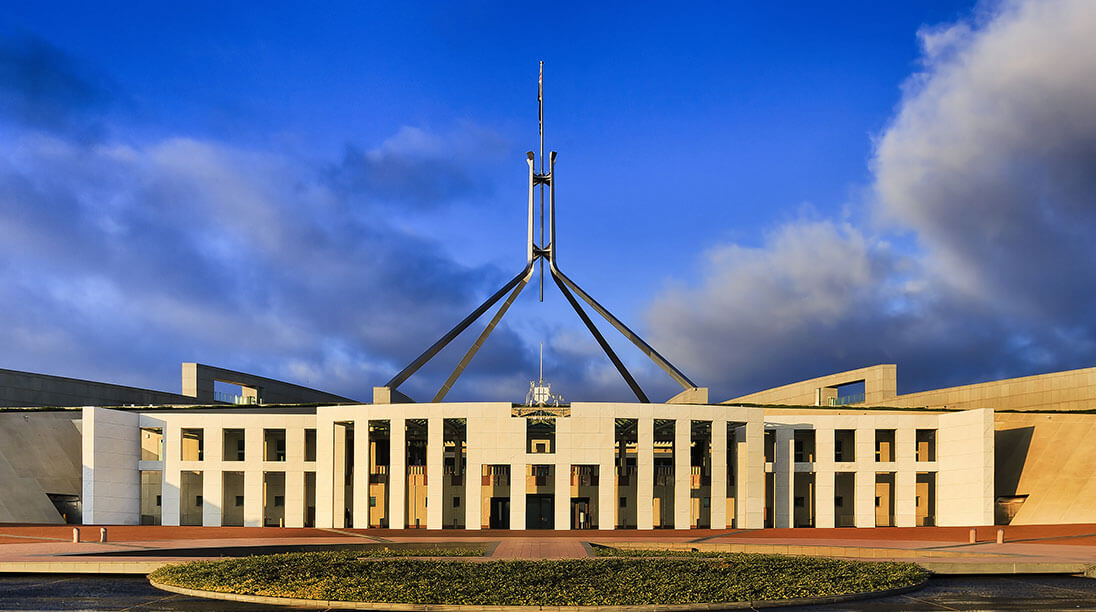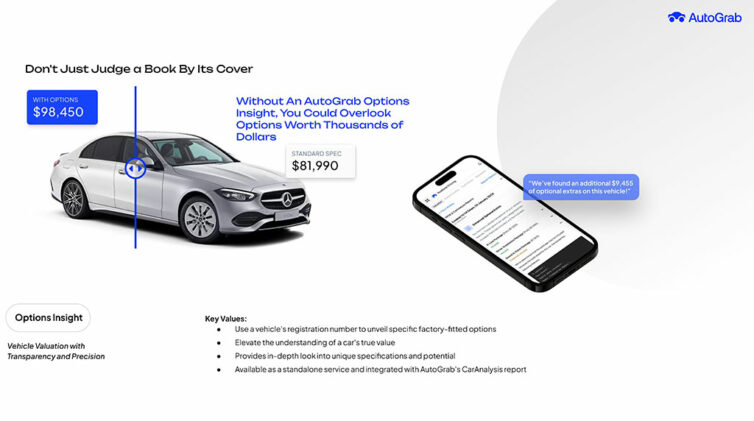The Australian Small Business and Family Enterprise Ombudsman Bruce Billson told the recent Australian Automotive Dealer Association Convention that ASBFEO had assisted the AADA, the Motor Traders Association of Australia and the Federal Chamber of Automotive Industries to broker a memorandum of understanding that can be inserted in dealer agreements which allows for a voluntary binding arbitration pathway to resolve critical automotive disputes.
Under the MOU, in the event of a dispute, ASBFEO will provide a suitable arbitrator from an agreed panel. The arbitrators are to be eminent lawyers, QCs, senior counsel or retired judges.
The MOU applies to three areas of the relationship between dealers and their OEMs:
- Where a brand leaves the market with existing dealer agreements still applying
- Where a brand substantially restructures its business model (a move to the agency for example) within the term of a dealer agreement
- Where a brand decreases its footprint within the term of the agreement (Honda reducing dealers in metropolitan areas for example).
ASBFEO provides support and advice to small and family enterprises to resolve disputes; generally with larger businesses.
Mr Billson told delegates: “You’re involved in one of the most successful models of entrepreneurship there is. Done right, it’s fantastic. So what can we do to make it more likely to be done right? The (auto franchise) code is part of it.
“(So are) the relationships within your brands; your dealer councils that give wise advice and even the odd nudge. They are very important.
“But not everyone plays nice … and changes in business models (by OEMs) can have an absolutely crueling effect on people who have invested in enterprises on the basis of terms that have been changed and their partners have racked off.
“The industry was smart enough to know that there is something that could be done about that.
“And that has been enabled through an MOU between the AADA, MTAA and FCAI which, off the back of the franchise code, allows for both parties to agree to arbitration, to pre-commit to arbitration, under certain circumstances that are critical to the business model itself.
“(It is) a faster, more expedient, more cost-effective way of resolving really significant disputes. A better option than going to court (and) have a big commercial battle.
“Can’t we do better than that? Can’t we have the parties with a mutual interest in the success of your industry come together and sort this stuff out? Well, your industry has said ‘Yes’ and they’ve come together, they’ve collaborated.
“And I want to commend those three industry bodies for their role and their leadership, to see that there’s a better way of solving some of these fundamental disputes; disputes that go to a withdrawal (by an OEM) from the Australian market (where) substantial sums have been invested and a codependency in a relationship (built); and then someone wracks off.
“That’s a big moment. Rationalizing of dealer networks is a big moment that fundamentally changes the ground on which you operate. That needs to be worked through thoughtfully and wisely.
“So for those three critical automotive disputes, the industry has said: let’s give arbitration a chance. Let’s pre-commit to an option that currently exists in the franchising code.
“We (ASBFEO) will be playing our role in providing and supporting a suitable panel of eminent arbitrators to get in and work out those sorts of major business model changes, the existential reform to the very nature of the enterprise you signed up to.
Meanwhile, the CEO of the AADA, James Voortman, told GoAutoNews Premium that “it feels like everyone’s talking together a bit more than they were a few years ago”.
“We have had our disagreements, and there have been some very public disputes. No one likes those disputes. But they were, from the dealer’s perspective, necessary.
“But there’s also a feeling that, in light of all the new franchising changes, we need to make an effort to work together, where possible. We are not always going to be able to do that but we should at least make an effort.
So we probably got to a situation where we saw that we just don’t want to be fighting each other in public and that it’s better that you at least try and form some common ground and, by working together on some issues, we will be stronger.”
Mr Voortman said that in the past two years, there has been more regulatory change in the automotive industry than in the previous 20 years.
“A lot of those changes relate to the relationships between dealers and OEMs or independents and OEMs. As a result, I think we’ve all known that we can’t just avoid each other and do our own thing. Governments are watching, everyone’s watching.
“It must be said that even though we disagree on a lot of stuff, we have always kept lines of communication open. Working relationships always existed. It has not always been the best but it has always been based on good faith.
“Together, franchise dealers and manufacturers are stronger. They always have been and they alway will be,” Mr Voortman said.
The CEO of the FCAI, Tony Weber told GoAutoNews Premium: “There has been substantial. legislative reform in recent times. I think the MOU really puts the last link in the chain. It provides greater protection for dealers where there are disputes.”
By John Mellor

















 Read More: Related articles
Read More: Related articles

